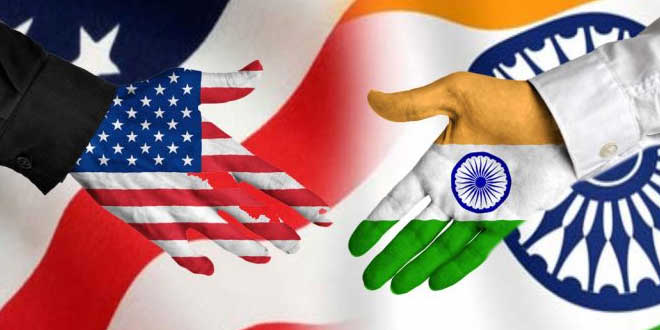Question: Why did ‘Ford Motor-Company’ want to develop Ford India as supplying base for its other plants across the globe?
Answer:
- Large market: India is one of the largest market of the largest market of the world.
- Lower cost of production: Due to the availability of cheap skilled as well as unskilled labour India offers a cost advantage.
- Well connected: India is well connected with other Asian, European And American market through sea or land route.
Question: What are Multinational Corporations? Explain with the help of examples.
Answer: ‘A Multinational Corporation or a MNC is a company that owns or controls production is more than one country.’ For example: Pepsi, Samsung, Onida, Glaxo, Ponds, LG etc.
The activities of MNCs are spread over many countries. Their parent corporation is located in one country and subsidiaries are scattered in many countries is the world. For example: ITT, a very large American MNC designs its products in research centers in the United States, and then the components are manufactured in China. These components are then shipped to Mexico and Eastern European countries where these are assembled and the finished products are sold all over the world. The company’s customer care is carried out through call centers located in India.
Question: Distinguish between foreign trade and foreign investment.
Answer: Foreign trade:
- Under foreign trade, goods and services travel from one country to another.
- It results in connecting the markets or integration of markets in different countries.
Foreign investment:
- Under foreign investment a MNC or a country invests in another country.
- It promotes process of industrialization.
Question: How have the multinational Corporations changed the world economy? Explain.
Answer:
- Before the entry of the MNCs, production was largely organised within a country.
- Countries used to trade in raw materials, food stuff and finished goods.
- But with the entry of the MNCs economic activities of companies are spread over many countries.
- The goods and services are being produced globally.
Question: ‘Under a Multinational Corporation, the production is organised in increasingly complex ways.’ Explain.
Answer:
- The Production process of most of the MNCs is divided into small parts and spread out across the globe.
- In most of the cases, research work is carried out in developed countries like USA, Japan, UK etc.
- The goods are manufactured and assembled in another country which has the cost advantage.
- The companies prefer to set up customer care centers in the countries where cheap and skilled workers are available.
Question: How do the MNCs help in the growth of local companies?
Answer:
- Availability of modern techniques and management: Modern technology and managerial services are made available to the local companies or to the host country. As a result, the productivity of the local enterprises increases and the resources are optimally utilized.
- Capital: MNCs can provide capital (money and machines) for faster production. The MNCs, also keep the flow of work.
- Market: MNCs are helping the local producers by expanding their market i,e., with the help of MNCs local producers can sell their product in the international market.
Question: “The Indian government, after independence, has put many such barriers on foreign trade and foreign investment.” Why was this considered necessary?
Answer:
- To protect the producers within the country from foreign competition: Industries were just coming up in the 1950s and the 1960s and competition from imports at that stage would not have allowed these industries to come up. Thus, India allowed imports of only essential items such as machinery, fertilizers etc.
- To establish basic industries: Some restrictions were levied to provide boost to basic industries like iron and steel, coal, etc. Around 1991, government felt that it was the proper time for Indian products in comparison to foreign producers.
- To check flow of goods: Governments can use trade barriers to increase or decrease foreign trade and to decide what kinds of goods and how much of each, should come into the country.
Question: How did the Indian companies gain after the trade barriers were removed by the government? Explain any three points.
- Expansion of Market: Removal of trade barriers has helped the local companies to expand their market. Now local companies can sell their products in the international market.
- Competition: Removal of trade barriers has developed the spirit of competition among the local companies.
- Technology: With the removal of trade barriers the local companies are free to import modern technology. This has helped in lowering the cost of production.
 Class Notes NCERT Solutions for CBSE Students
Class Notes NCERT Solutions for CBSE Students





